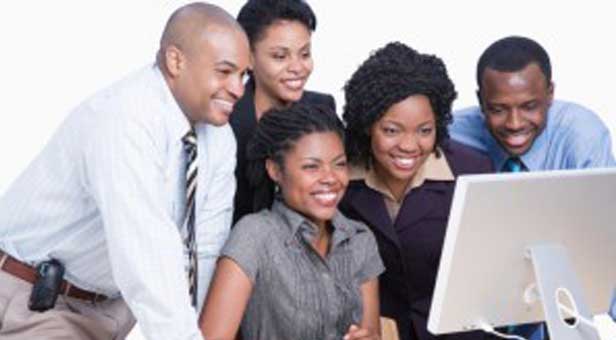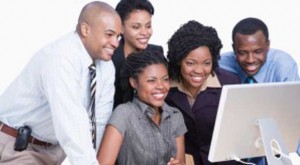

Five ways adults can help young people avoid getting HIV/AIDS
Submitted by Lakin Starling
No one can turn back the hands of time, but with the benefit of hindsight, we often wish that we had made different choices or had had information to help us make a better decision. Cory and Jah were diagnosed with HIV at about age 16. Now 25, they reflect upon five areas of support they wish they had received from adults that might have helped them protect themselves.
1. Offer Sufficient Parental Guidance
“I grew up in a very Caribbean family where I couldn’t go to my parents about sexual topics, so lots of times you just try and figure them out on your own,” says Cory. “If someone can just tell you these things and share their experiences, that would improve so much.”
Having a parent who is open to conversations about safer sex and STDs, including HIV/AIDS, is extremely essential to a young person exploring his or her sexuality. Parents and other role models should strive to create a safe space for young people to share their questions or concerns about sexual activity — whether or not the parent understands or agrees — so that they receive information from people who love them unconditionally, rather than being educated by friends, the streets or others who don’t have their best interests in mind.
2. Provide Holistic Sex Education
Both at home and in school, it’s essential that adults provide young people with sexual-health education that extends beyond traditional heterosexual relationships. This can help them understand the risks — no matter their sexual orientation or the behavior they engage in — and protect themselves from HIV and other STDs.
“In high school, our sex-education classes covered the male and female relationship,” says Jah. “I knew about STDs and even HIV/AIDS, but I didn’t realize it would be among males having sex with males, or even females, for that matter.”
3. Focus More on Life Skills
It’s one thing to understand theoretically your risk of acquiring HIV/AIDS, but putting that information to use so that you make good decisions in real-life situations is essential to the prevention equation.
“Young people need to be equipped with basic life skills that teach you how to deal with certain situations regarding sex and relationships,” says Cory. “It’s about critical thinking. You have to think about it — don’t just rush into it.”
All sorts of pressures and distractions can lead to bad decision making, especially when hormones are raging in sexually charged situations. Young people need the members of their proverbial village — whether they are parents and caregivers, members of their extended family, teachers, counselors or peer support groups — to teach them reasoning skills and how to think clearly about the consequences that their choices hold.
4. Expose Them to Mentoring Relationships
“I wish I had mentors that could have spoken to me about HIV/AIDS and safe sex, as well as gay individuals in my community that could positively influence me to make safe and smart decisions,” says Jah.
All young people need at least one individual to listen to them without judgment and give them advice from a place of experience. This is particularly important for young MSM of color, who are at extremely high risk of acquiring HIV.
Having an older figure to give guidance and advice, especially about sex and preventing infectious disease, can be life changing. Oftentimes a young person needs to go outside of familiar settings to receive insight free of judgment.
Says Cory, “I mentor young people now, and I simply ask them what they want to know because I know there are certain things they can’t ask their parents.”
5. Don’t Gloss Over Sexual Facts
When grown-ups speak to young people about sex, they often sugarcoat both the facts and their experiences. But adults’ good intentions aside, this type of selective sharing leaves young people with a distorted perception. It’s important to have candid and honest sexual conversations with young people so that they feel confident that they know the truth about being sexually active.
Jah says, “I wish information was given a lot clearer so that I really knew how I could have better protected myself.”
Adults cannot afford to be timid with youths when it comes to their sexual health. This is especially true with respect to young Black people. Adults have the power to teach them how to combat HIV/AIDS. But they must be willing to provide youths with specific facts in a straightforward discussion.
Lakin Starling is an aspiring journalist and a senior at Spelman College in Atlanta.


Be the first to comment